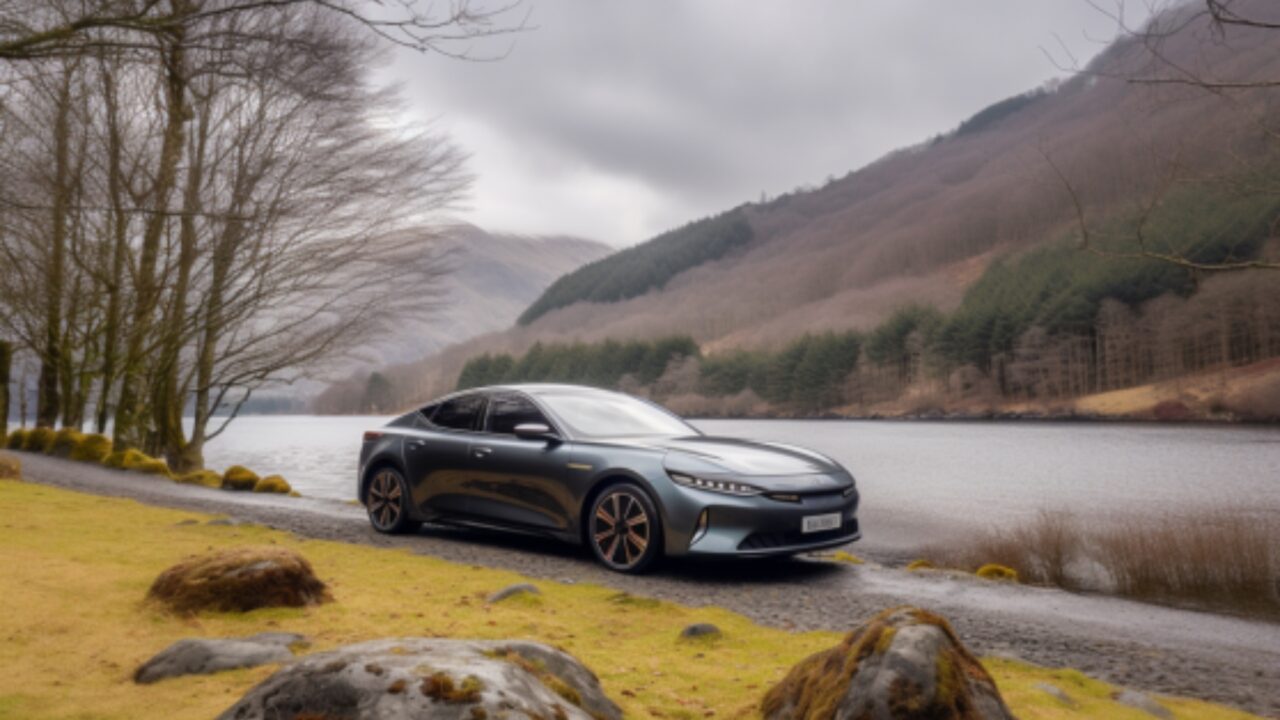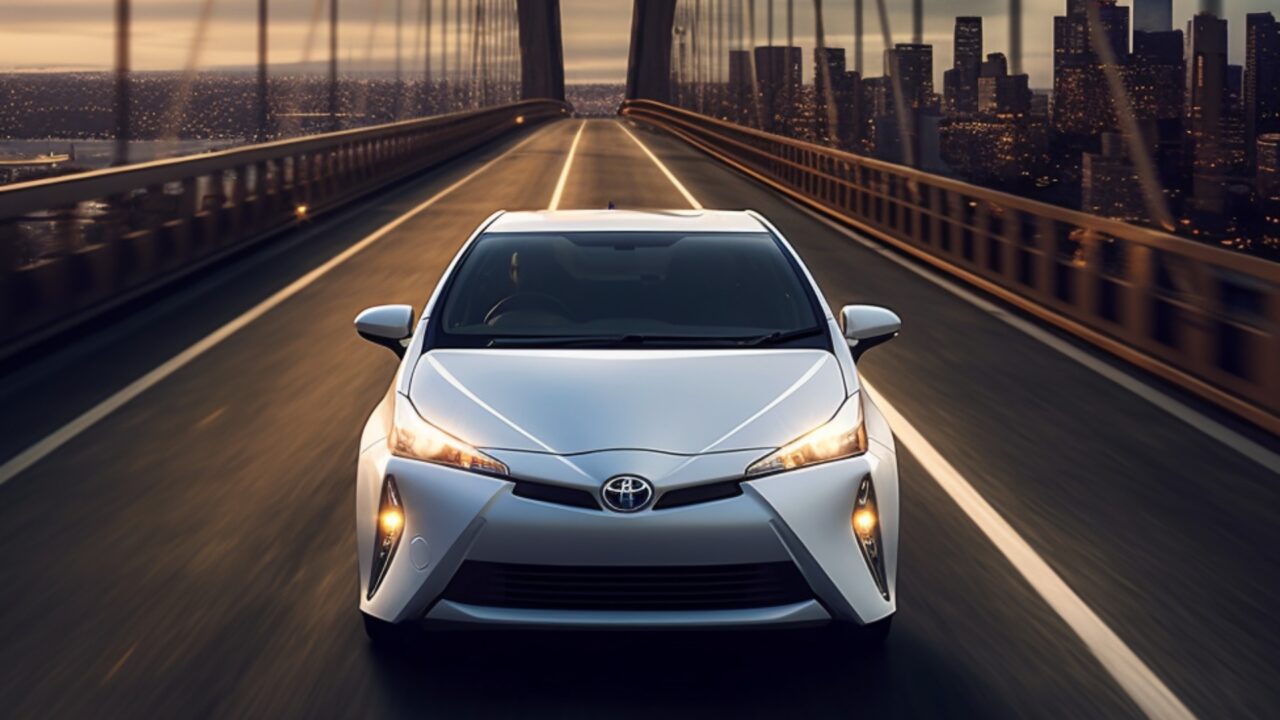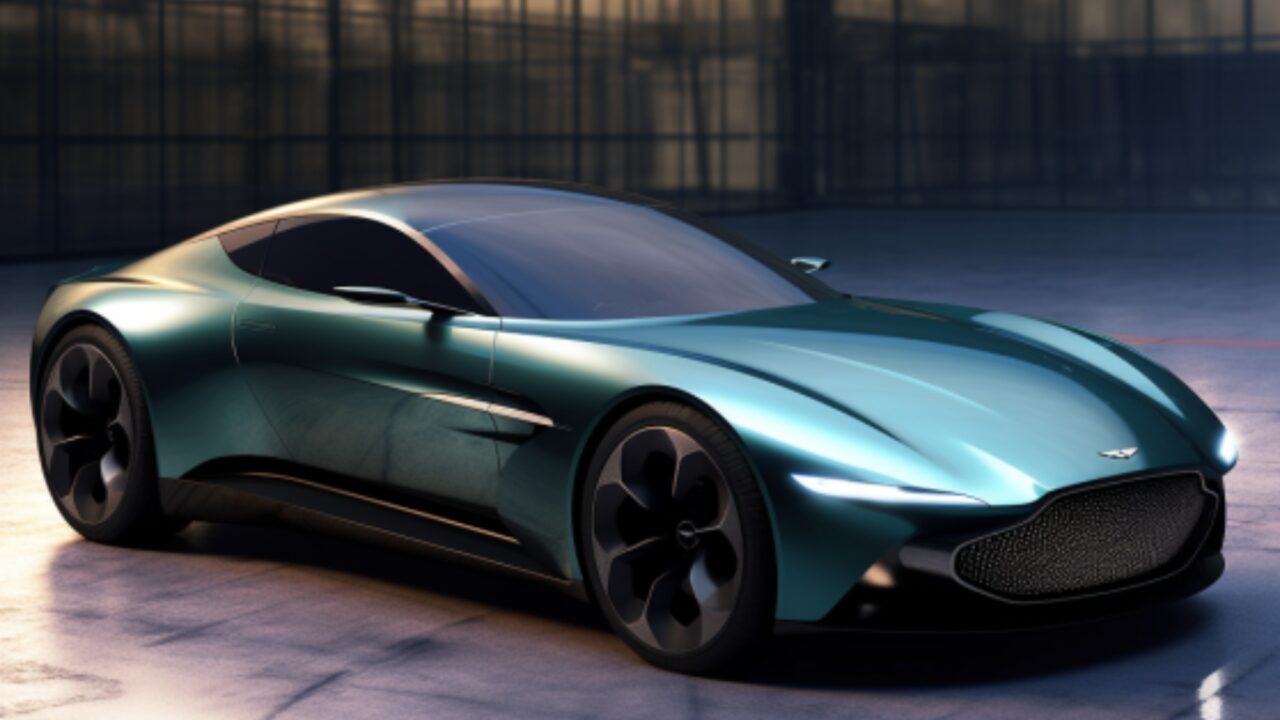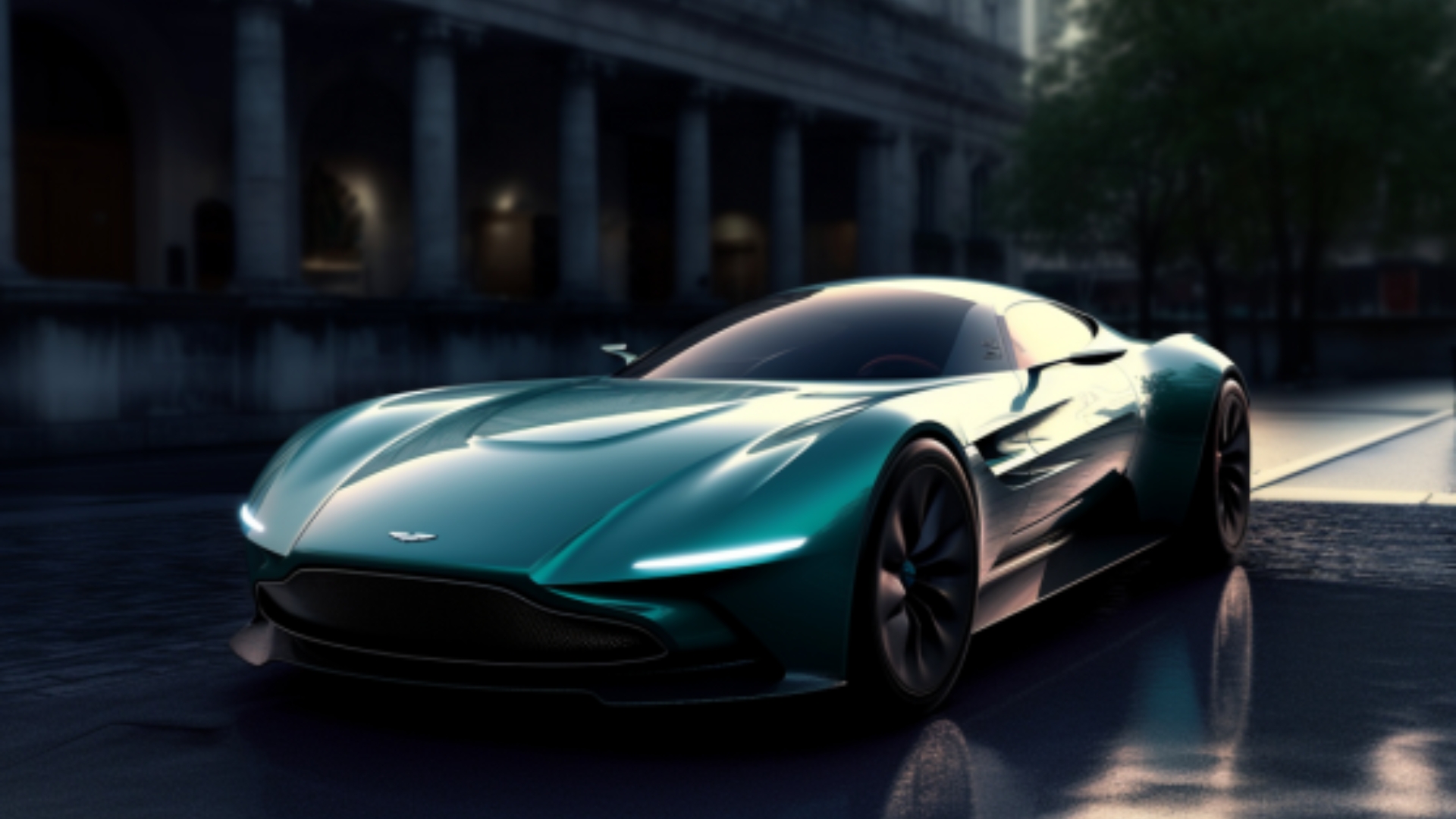Toyota explores the incorporation of engine sounds and manual transmission in future electric sports cars, while an Israeli startup Electreon, sets a new world record with an electric car driving 1,250 miles wirelessly on an electrified road.
Regenerative braking doesn’t always activate the brake lights
Drivers are warned to keep an eye on decelerating cars as recent tests by Consumer Reports have discovered that certain electric vehicles in the UK do not activate their brake lights when using regenerative braking. The slowing of the vehicles using recharging technology can lead to inconsistencies with brake lights in many EVs including popular Hyundai, Kia and Mercedes-Benz models.
Issues can arise when drivers use one-pedal driving, in high eco modes where drivers sometimes apply light pressure on the accelerator for smoother braking. This can result in some EVs not showing brake lights until the accelerator pedal is completely released.

The 2022 Hyundai Ioniq 5, Kia EV6, and the 2023 Kia Niro EV can all come to a near-complete stop without the brake lights illuminating. Mercedes-Benz EQ models, in the highest level of regeneration, also had brake lights turning off when nearing a stop.
As automakers explore more advanced regenerative braking systems, there is even speculation about the potential elimination of friction pads in the future but care needs to be taken whilst technology is improved.
Toyota considering engine sounds
Toyota is considering fake engine sounds and a manual transmission for a future electric sports car. The aim is to replicate the full experience of a petrol car to hear the expected engine noises. There is also a fake manual transmission and clutch pedal being developed.
The manual gearbox and clutch won’t be connected directly to the driveline and the car will simulate shifts and adjust torque accordingly to simulate gears as EVs don’t have multi-speed transmissions except for limited examples.
The promise of driver involvement might explain why there’s been so much talk of manual transmissions for EVs. Toyota’s Lexus division announced last year that it was testing a software-based system to simulate manual shifting.

1250 miles without stopping to charge
An electric car has achieved a remarkable feat by driving 1,250 miles without needing to stop and charge. This impressive demonstration was made possible through the use of an electric road that wirelessly charges vehicles as it drives. Israeli startup Electreon achievement sets a new world record for the longest distance covered non-stop by a passenger electric vehicle and took just over 100 hours.
To accomplish this feat, a specially adapted Toyota RAV4 was used to demonstrate the technology and it is aimed to be made accessible to a wide range of drivers. The company believes that wireless charging offers a cost-effective and environmentally friendly charging solution,
Last year, an electric Mercedes Vision EQXX drove from Germany to the UK on a single charge, but the Mercedes is unlikely to enter mass production due to high manufacturing costs. Nevertheless, advancements in battery technology indicate that the range of commercial electric vehicles could significantly increase in the near future.
Several companies worldwide are also working on electrified roads for wireless or conductive charging. Sweden, for instance, has unveiled plans to construct approximately 3,000km of electric roads by 2045. These developments highlight the ongoing efforts to overcome charging limitations and drive the widespread adoption of electric vehicles.
Aston Martin and Lucid form EV partnership
Aston Martin and luxury EV firm Lucid will join forces to develop a range of future electric cars. This strategic collaboration provides Aston Martin with access to Lucid’s industry-leading electric vehicle technologies. The deal grants Aston Martin access to both Lucid’s current and future powertrain and battery technology, which will be utilised to power Aston Martin’s new in-house Battery Electric Vehicle (BEV) platform.

It’s important to note that Aston Martin’s existing tech partnership with Mercedes-Benz will also continue alongside this collaboration, with a renewed deal being confirmed. This is in addition to their existing long-term partnership with Geely will provide access to their expertise and knowledge of the Chinese market.
Aston Martin’s Racing Green sustainability strategy is a major focus and this £2 billion investment is part of the EV tech deal, with Lucid receiving phased cash payments and a 3.7 per cent shareholding in Aston Martin. The first electric vehicle from this platform is set to be launched in 2025.
